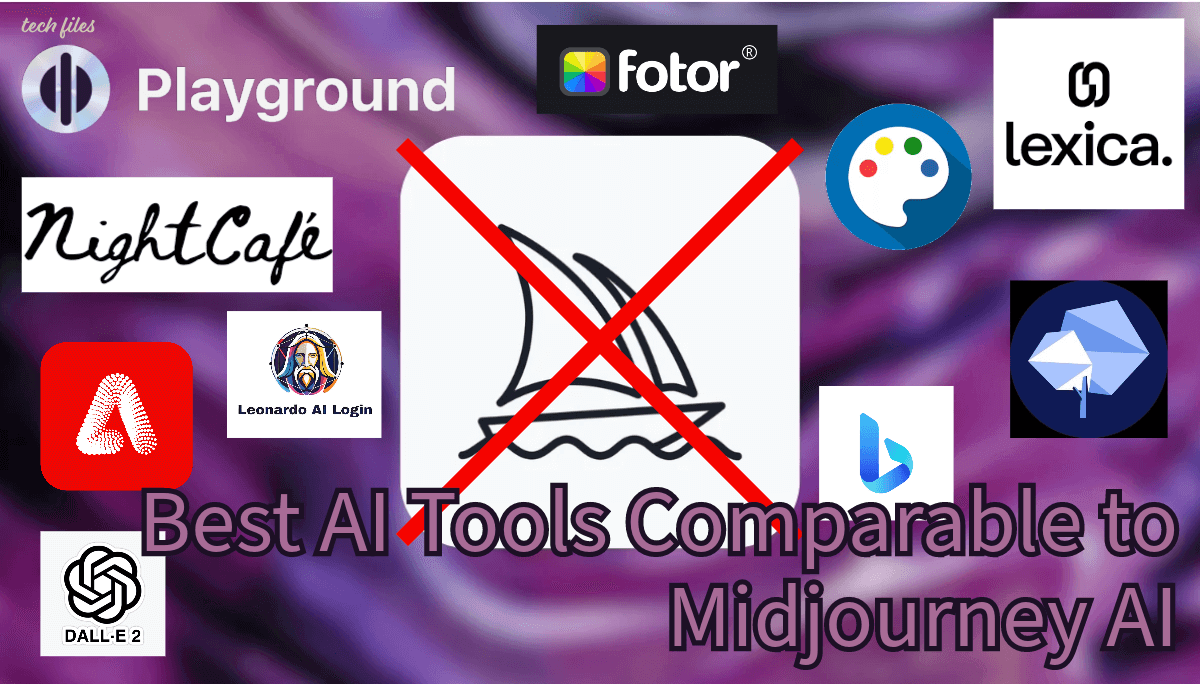The Impact of AI Tools on Jobs: Exploring the Future of Work

In recent years, artificial intelligence (AI) has made significant advancements, raising concerns about its potential to automate various tasks currently performed by humans. The question arises: Will AI tools replace jobs? The answer to this complex issue depends on several factors, including the pace of technological development, the utilization of AI tools, and the policies implemented to manage the transition. In this article, we will delve into the implications of AI on jobs, examining the industries most at risk, the potential for job elimination, and strategies to prepare for the impact of AI on the workforce.

Industries at Risk of Job Replacement by AI Tools
AI has the potential to revolutionize various industries, automating repetitive and mundane tasks. While some jobs may be more vulnerable to replacement than others, it is crucial to note that not all jobs are at equal risk. Here are some of the industries most susceptible to job displacement by AI tools:
Clerical and Administrative Jobs
Clerical and administrative roles, such as data entry and customer service, are highly susceptible to automation through AI tools. With the ability to handle large volumes of data and process information quickly, AI-powered software can streamline these tasks, potentially reducing the need for human intervention.
Manufacturing Jobs
AI tools have the potential to transform the manufacturing sector by automating assembly line work. With advancements in robotics and machine learning, AI can perform repetitive and precise tasks, increasing efficiency and productivity. This could lead to a decrease in the demand for manual labor in manufacturing.
Transportation and Logistics Jobs
The transportation and logistics industry, including truck driving and taxi services, faces the possibility of significant disruption due to AI tools. Autonomous vehicles and advanced route optimization algorithms can potentially replace human drivers, reducing the need for human involvement in transportation-related tasks.
Retail and Hospitality Jobs
AI tools also pose a threat to jobs in the retail and hospitality sectors. With the rise of self-checkout systems and automated customer service, roles such as cashiers and wait staff may be at risk of being replaced by AI-powered solutions.
Professional Jobs
Even professional roles are not immune to the potential impact of AI tools. Jobs like lawyers and accountants, which involve data analysis and document review, can be automated through AI-powered software. This automation can streamline processes and increase accuracy, potentially reducing the need for extensive human involvement.
The Future of Jobs in the Age of AI
While there is a legitimate concern about job displacement, it is unlikely that AI will completely eliminate all jobs. Human creativity, judgment, and social skills are difficult to replicate, and certain jobs will always require these qualities. However, the job market is likely to undergo significant changes as AI tools become more prevalent. Some jobs may be eliminated, while new jobs will emerge to cater to the evolving technological landscape.
Preparing for the Impact of AI on Jobs
As we navigate the uncertain future of work, it is essential to proactively prepare for the impact of AI on jobs. Here are some strategies to consider:
Investing in Education and Training
To succeed in the new economy, workers must acquire the necessary skills to adapt to the changing job landscape. Investing in education and training programs that focus on developing skills in areas where human expertise complements AI tools can help individuals secure employment opportunities.
Developing Supportive Policies
Creating policies that support job creation and assist workers who are displaced by AI is crucial. Governments, organizations, and educational institutions should collaborate to develop initiatives that foster job growth and provide resources for retraining and upskilling.
Establishing a Social Safety Net
As AI disrupts the job market, it is important to establish a robust social safety net to support individuals who face difficulties in finding new employment. This safety net should include unemployment benefits, job placement services, and access to affordable healthcare and education.
The Positive Side of AI Tools: Job Creation and Task Automation
While AI tools may pose risks to certain jobs, it is essential to recognize their positive contributions. AI-powered software can create new job opportunities, especially in the tech sector. The development and implementation of AI technology require skilled professionals who can innovate and improve AI systems.
Furthermore, AI tools can automate repetitive and mundane tasks, freeing up human workers to focus on more creative and strategic work. By delegating routine responsibilities to AI, individuals can concentrate on tasks that require critical thinking, problem-solving, and human interaction.
Conclusion
The impact of AI tools on jobs is complex and uncertain. While some jobs are at higher risk of being replaced by AI, it is crucial to acknowledge that not all jobs will be eliminated. By investing in education and training, developing supportive policies, and establishing a social safety net, we can navigate the changing job landscape and ensure that everyone benefits from the potential of AI technology.
As AI continues to evolve, it is important to embrace its potential and explore ways to adapt to the future of work. By harnessing the power of AI tools and leveraging human skills, we can create a harmonious relationship between humans and machines, leading to a more efficient and prosperous society.
“The future is not one of massive joblessness; instead, it is likely to be one in which routine work tasks are automated, allowing workers to focus on tasks that require creativity, judgment, and empathy.” - Erik Brynjolfsson and Andrew McAfee
Additional Information:
- The rapid pace of technological development necessitates continuous learning and adaptability.
- Collaboration between humans and AI tools can lead to improved productivity and innovation.
- The ethical implications of AI tools in the workplace need to be carefully addressed to ensure fairness and prevent bias.













Sharing is caring!